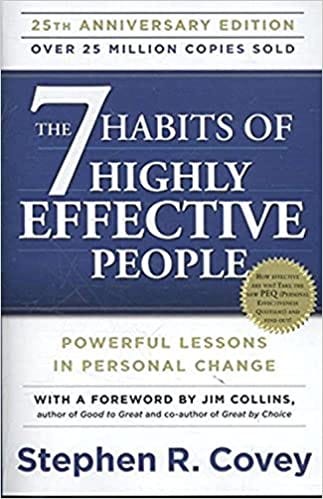ProSkills Digest #1. Tech Professionals. Outside the Box. Professional Identity.
Essential Career Skills for Technical Professionals
Welcome to the first edition of ProSkills Digest, a weekly newsletter that provides technical professionals, in science, technology, engineering, and mathematics disciplines, with tips and techniques to build their professional practice. The primary focus is on non-technical or ‘soft’ skills.
Your feedback and comments will help guide the development of future editions.
🧑💻Are you a technical professional?
Examples of a technical professionals include an engineer, scientist, architect, economist, or planner, usually with tertiary qualifications and industry experience. You are a professional if you are a member of a vocation or occupation that has specialised education, knowledge, skills, or experience - some of the main characteristics:
Highly educated in a specific field, with specialist training and qualifications, and considerable experience in the field, and get paid for your specialised knowledge to do a specific job or role
An expert and have specialised skills and knowledge, a master in a specific field
Engaged in intellectually challenging and creative work (more mental than physical)
Highly competent in a particular activity or process, such as problem-solving
Known for producing high-quality work, interested in doing a job well, committed to performing at the highest level
Have a duty of care to your client, employer and/or the community
Engaged in constant learning and improvement and moving towards mastery in your specific field.
There is also an element of craftsmanship in being a professional - you develop your knowledge of principles, patterns and practices and heuristics (experienced-based techniques) and assimilate knowledge by practice over an extended period.
How many of the professional characteristics do you have?
📦 Think Outside the Box
What do you picture your work life will be like in ten years? Or even in five years?
Cast your mind back ten years; you couldn’t have imagined the changes since.
There have been massive changes in technology and in the way we work.
There was a time when employers guided their professionals’ careers, requiring specific experience and training during early career years.
For example, my career progression as a civil engineer involved diverse locations, contexts, and roles. My employer even sponsored my master's degree and I stayed there for over 25 years. Looking back, it was a fantastic experience, and I learned a lot.
Today technical professionals are expected to manage their career development amidst disruptive shifts reshaping work with limited guidance.
Skilled professionals are in high demand and short supply, but you need to write your own script. To keep up with the rapid change in the workplace, take control of your career choices - by knowing yourself and being aware of new developments.
The challenge is identifying the skills and experiences necessary for future progression and job security.
So, ask yourself: What do you want? What skills will you need to protect your job?
👉Quick Guide: Discover Your Professional Identity
This Quick Guide is designed to guide you through the process of discovering your professional identity and becoming more self-aware. I developed this guide to help you identify what you want.
By following the steps outlined below, you will gain a better understanding of who you are, your values, and your strengths and weaknesses. Have an open mind, be honest with yourself and be open to exploring your thoughts and feelings.
Steps:
1. Core Values: Write down your top 5-10 core values (eg honesty, compassion, integrity). Reflect on why these values are important and how they influence your decisions and behaviour. James Clear lists over 50 personal values
2. Strengths and Weaknesses: List your top 5 strengths and weaknesses. Consider how these traits contribute to your personal and professional life. Identify ways to leverage your strengths and improve your weaknesses. The VIA Institute lists 24 Character Strengths
3. Interests: Write down your key interests and passions. Reflect on how these make you feel and why they are important. Also, consider if there are any other interests or passions you would like to explore. Janet Bray Attwood, who wrote the Passion Test, has a free set of questions: identify your passion list.
4. Personal Mission Statement: Combine your core values, strengths, and interests to create a personal mission statement - this should provide a sense of purpose and direction for your life. See 40 examples from Indeed.com.
After completing this exercise, leave it for a few days, then come back and critically review what you have written.
📚Book Summary
Stephen Covey. The 7 Habits of Highly Effective People. This is a must-read book to help you think through the skills you need.
The seven habits: 1. Be proactive. 2. Begin with the end in mind. 3. Put first things first. 4. Think win/win. 5. Seek first to understand, then be understood. 6. Synergize. 7. Sharpen the saw.
Focus on your attitudes and behaviours to make minor changes in your life. You need to work on how you see the world to make significant changes.
In my experience, the habit that most technical professionals need to develop is ‘2. Begin with the end in mind’, rather than the tendency to get straight down into the details.
Read a summary of The 7 Habits of Highly Effective People - by Stephen R. Covey on FranklinCovey.
📝About the Author
Phil Charles is the author of a series of practical guides on Essential Career Skills to help technical professionals develop focus and attention, build habits, develop thinking and analysis skills, and get things done with less stress. He focuses on critical skills and knowledge to improve productivity and get results.
Website | Online courses | Books on Amazon



